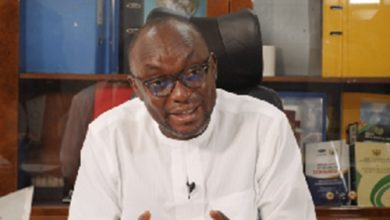Ashanti Regional Health Director calls for stronger investment in Medical Laboratories
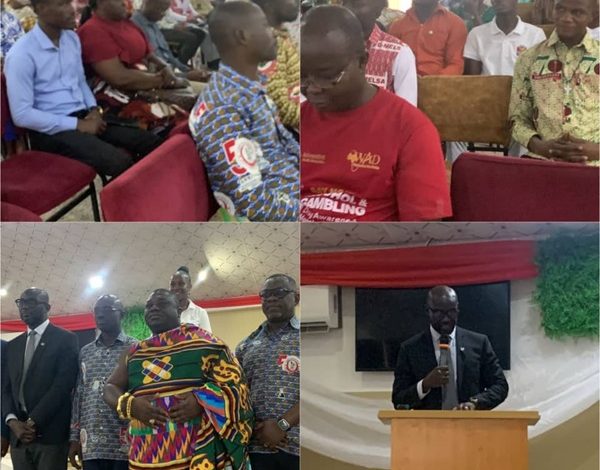
The Ashanti Regional Director of the Ghana Health Service, Dr. Fred Adomako Boateng, has underscored the urgent need for stronger investment in Ghana’s medical laboratory sector, stressing that without effective laboratory systems, healthcare delivery cannot achieve its full potential.
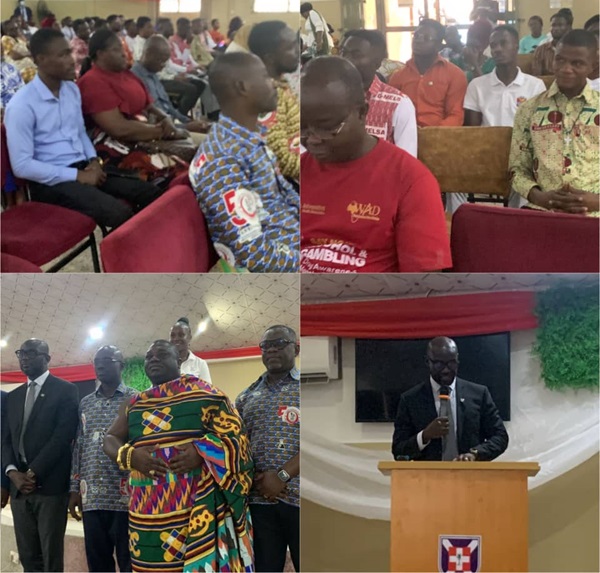
Dr. Adomako Boateng emphasized that laboratories remain the backbone of medical diagnosis, treatment, and disease surveillance.
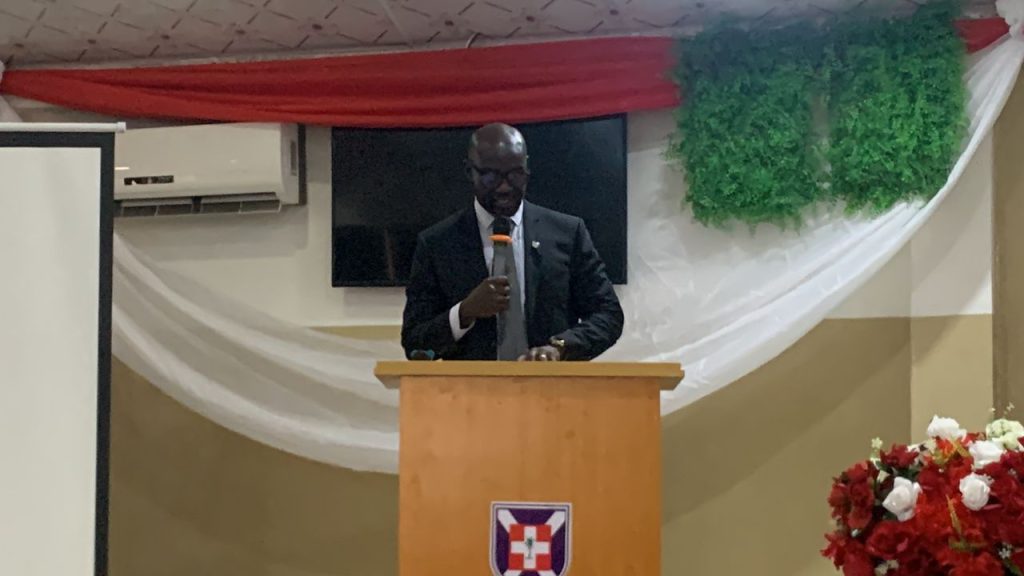
“No effective healthcare system can thrive without well-equipped and adequately staffed laboratories,” he noted, adding that accurate and timely testing is central to tackling both routine and emerging health threats.
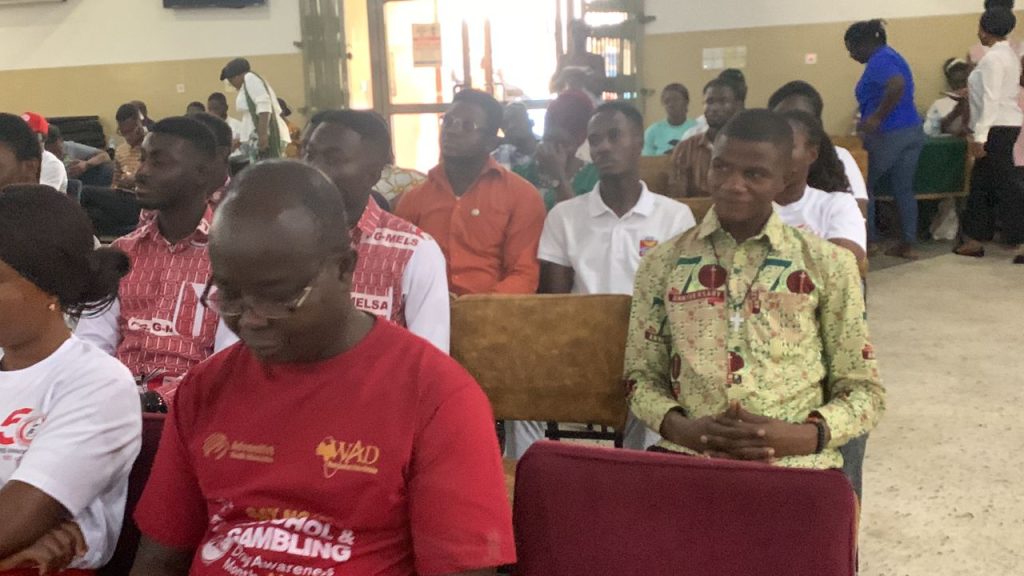
He made these remarks at the 2025 Annual Regional Congress of the Ghana Association of Medical Laboratory Scientists (GAMLS), held on Thursday, August 28, in Kumasi, on the theme: “The laboratory’s critical role in tackling emerging infectious disease threats and antimicrobial resistance in Ghana.”
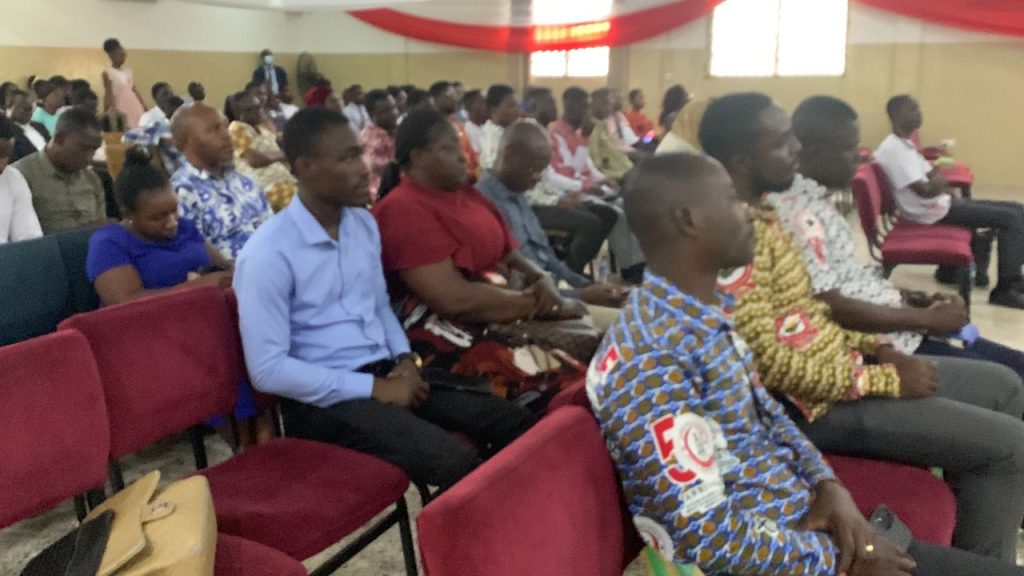
The Regional Health Director lamented that many medical laboratories across the country are still operating under outdated or inadequate conditions, which hinders efficiency and undermines diagnostic accuracy.
He urged government and stakeholders to prioritize upgrading infrastructure and ensuring a consistent supply of modern equipment, reagents, and essential diagnostic materials.
“Emerging infectious diseases and the growing threat of antimicrobial resistance require swift, reliable, and evidence-based responses. This is only possible when laboratories are empowered with the right resources and expertise,” he stated.
President of the Ghana Association of Medical Laboratory Scientists, Dr. Eric Kofi Aidoo, also used the platform to appeal to government to invest heavily in laboratory systems, describing them as a critical pillar of Ghana’s healthcare framework.
He called for the provision of modern infrastructure, tools, and technologies to strengthen diagnostic services nationwide.
Dr. Aidoo further highlighted the need for deliberate investments in human capital. He revealed that although Ghana has trained several laboratory scientists and technicians, many remain unemployed due to limited recruitment opportunities.
“The irony is that while our hospitals and clinics need more hands to meet increasing patient demands, several highly qualified professionals are sitting idle,” he said.
He added that recruiting and retaining skilled laboratory staff would not only bridge service delivery gaps but also help Ghana meet international health standards, particularly in disease control and outbreak management.
The congress also provided a platform for laboratory scientists to deliberate on ways to improve service delivery and professional standards. Discussions focused on the critical role of laboratory services in early detection of diseases, accurate data collection for policy-making, and supporting clinical decisions.
Stakeholders at the event agreed that strengthening laboratory systems would enhance Ghana’s preparedness for future health crises, reduce misdiagnosis, and contribute significantly to achieving universal health coverage.
The call by Dr. Adomako Boateng and GAMLS adds to growing advocacy from health professionals who believe that stronger laboratory systems will not only improve patient care but also position Ghana to better respond to global health challenges.
Source: Ghana/otecfmghana.com/Elizabeth Gyamfuaa Fosu



